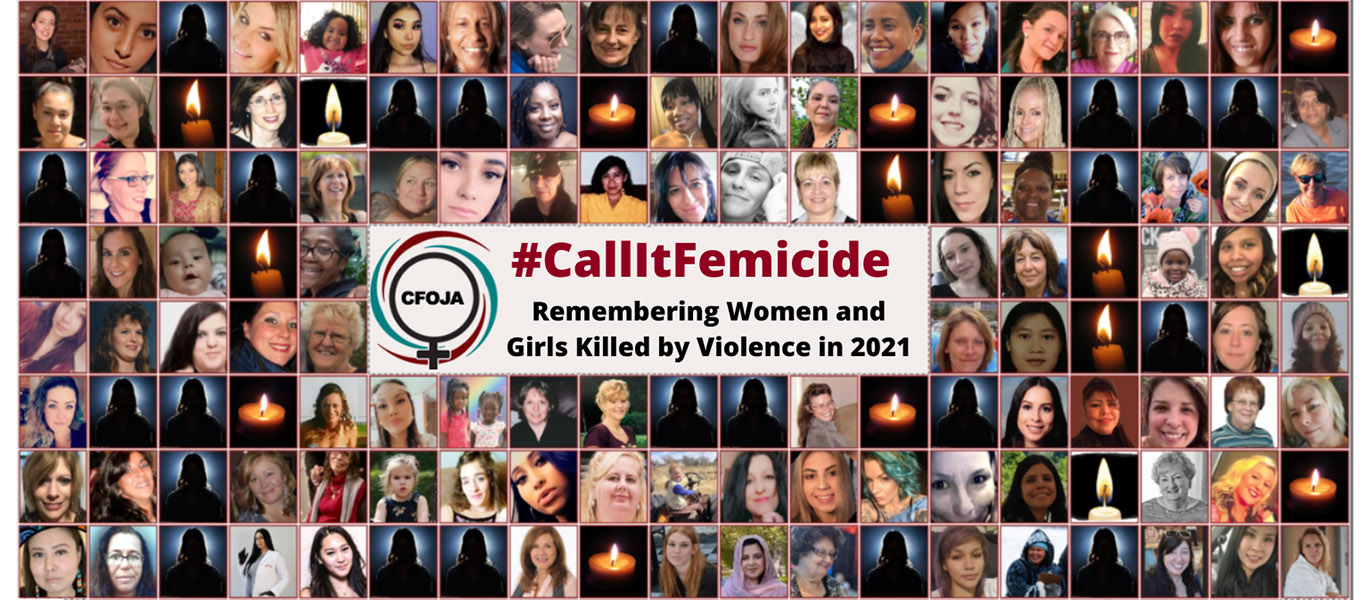
A woman or girl is killed in Canada every other day, according to the fourth annual University of Guelph-led report on national femicide rates.
The Canadian Femicide Observatory for Justice and Accountability (CFOJA) released its annual report today showing 173 women and girls were killed by violence in 2021 primarily at the hands of men.
CFOJA, which has been tracking cases of femicide – defined as the killing of women and girls, primarily but not exclusively by men – in Canada since 2018, has found a steady increase in deaths since the beginning of the pandemic.
“There has been a 26 per cent increase compared to the pandemic year of 2019,” said Dr. Myrna Dawson, lead author of the report and director of U of G’s Centre for the Study of Social and Legal Responses to Violence.
“What the COVID-19 pandemic has done is bring to light for many the ‘other pandemic’ that has existed in Canada for much longer – the pandemic of male violence against women and girls.”
‘This situation is getting worse despite growing awareness’
Key findings in the 2021 report, which is available in English and French, include:
- 89 per cent of accused identified as male (35 per cent killed by former/current intimate partner; 34 per cent relationship was unspecified; 20 per cent killed by a family member; 7 per cent killed by a friend/acquaintance; and 5 per cent killed by a stranger)
- 43 per cent of the victims were killed in rural areas or small towns
- 47 per cent of women and girls were killed in their own home (23 per cent were killed in a unspecified area; and 15 per cent were killed in a public area)
- 45 per cent of women and girls were killed by stabbing, followed by shooting with 38 per cent
- 42 is the average age of Canadian femicide victims in 2021 (35 per cent were 35 to 54 years old; 28 per cent were 18 to 34; 28 per cent were older than 55; and nine per cent were 18 or younger)
CFOJA relies mostly on data collected from media reports to determine whether a death can be considered a femicide. Official police and government data often do not provide the full context of the killings, making deaths difficult to categorize, said Dawson.
“This situation is getting worse despite growing awareness and education about sex or gender-related elements in male violence against women and girls. Access to reliable and valid data is crucial to building and sustaining prevention or intervention initiatives.”
Contact:
Dr. Myrna Dawson
cfoja@uoguelph.ca
